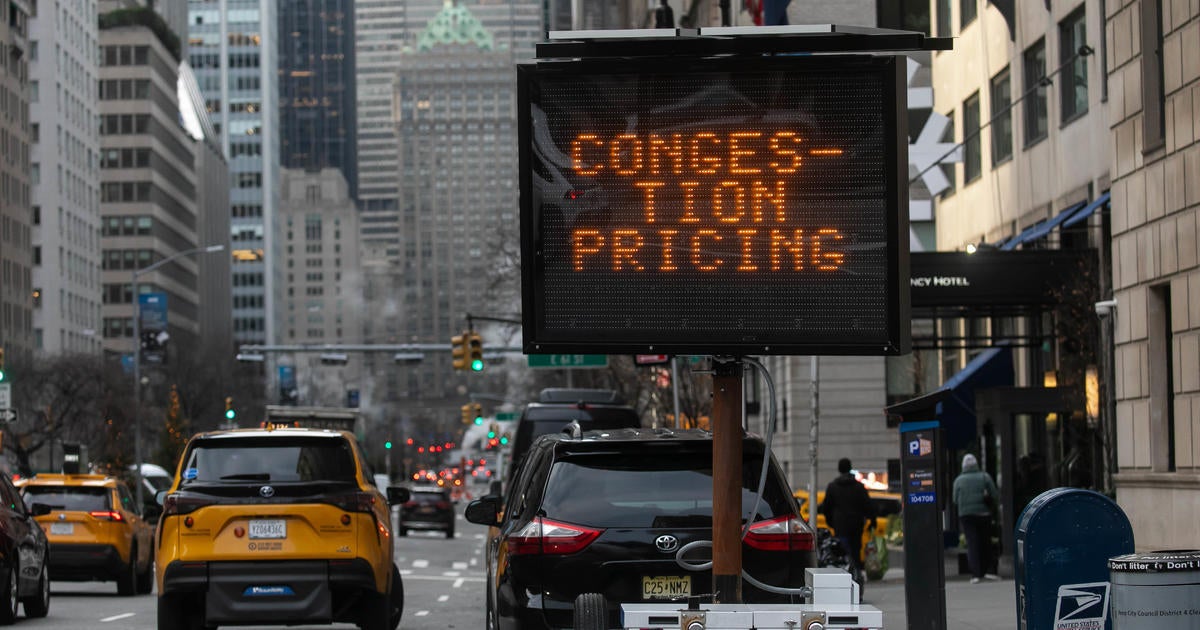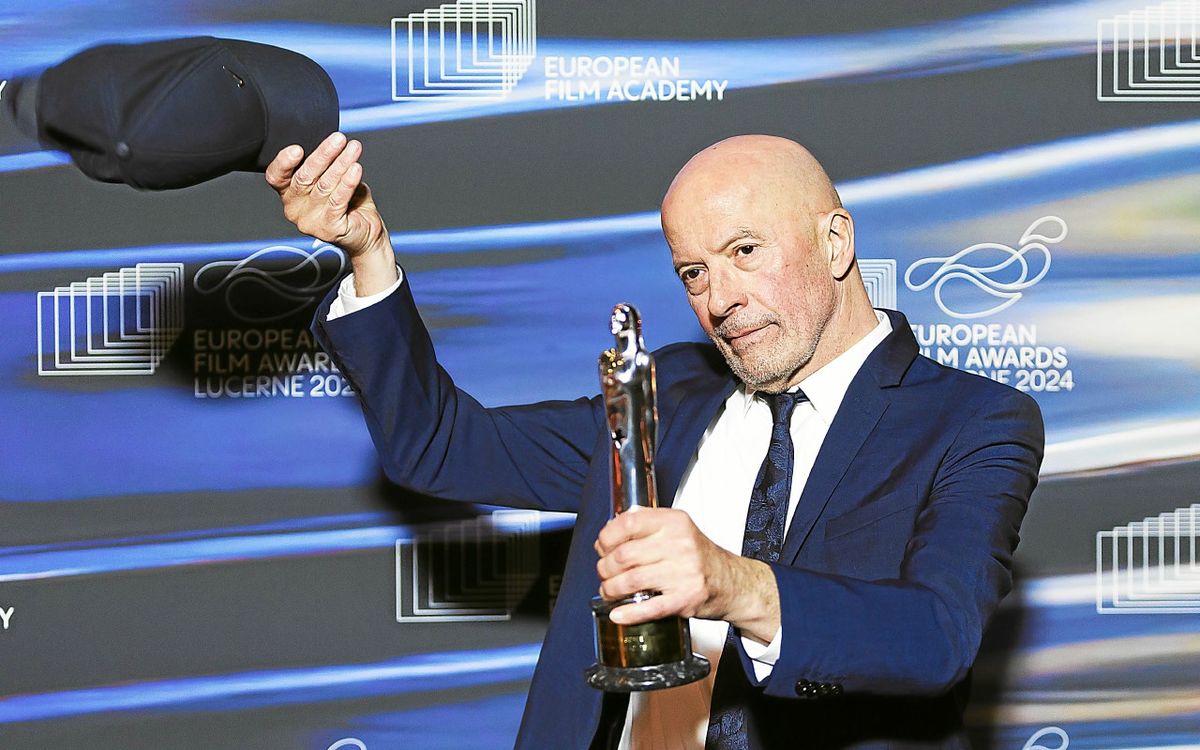NEW YORK — The countdown to congestion pricing in New York City is over. Drivers now must pay a toll to enter Manhattan south of 60th Street.
A judge cleared the way for New York to activate the toll readers today by quashing a New Jersey lawsuit that sought to block congestion pricing from going into effect late Friday night.
An order came down Saturday from a federal appeals court denying New Jersey’s emergency motion to stop the plan. Their appeal can continue, but the court won’t hear arguments until after congestion pricing goes into effect.
“[We’re] doing something that proves that the city is not paralyzed to deal with the challenges. We’re doing something that’s about cleaner air and safer streets and less traffic and better transit. We’re doing something that’s historic. It’s the first in the nation,” MTA Chair and CEO Janno Lieber said Saturday.
“[Congestion pricing] may well decrease the cost of living here, right? So let’s just say you’re a plumber or an appliance repair person, and now you can add another visit to your roster because you can move around the city more quickly,” said Rachel Weinberger, a transportation planning expert with the Regional Plan Association.
The new $9 tolls will be in effect from 5 a.m. to 9 p.m. on weekdays and 9 a.m. to 9 p.m. on weekends, according to the MTA. Drivers will pay $2.25 outside of peak hours.
It follows years of planning and turmoil between critics and supporters of the MTA tolling plan, which includes limited exceptions to paying full price to enter the Congestion Relief Zone.
Click here for maps and a detailed breakdown of where drivers will and won’t be tolled under the congestion pricing plan.
Congestion pricing clears last-minute legal challenge
A last-minute court battle to halt congestion pricing ended late Friday night when a federal judge sided with New York and refused to issue an injunction after nearly four hours.
Attorneys representing New Jersey argued congestion pricing would cause irreversible harm to Garden State residents, but the judge determined they were unable to make the case. Specifically, they argued residents living near the George Washington Bridge will be adversely impacted because drivers will try to avoid the new toll at the Lincoln and Holland tunnels and take the GWB instead.
“We respectfully disagree with today’s decision,” said Randy Mastro, an attorney representing New Jersey.
Mastro said he plans to appeal the judge’s ruling.
A spokesperson for New Jersey Gov. Phil Murphy said in a statement, “We are disappointed that the courts are allowing congestion pricing to take effect tomorrow despite agreeing that its approval violated the law and arbitrarily shortchanged New Jersey residents. We will continue fighting against this unfair and unpopular scheme.”
Lieber said congestion pricing will go forward no matter what.
“After untold numbers of lawsuits and lots of fighting in the press, the time for debating and lawsuits is over. It’s time to get to work making this new initiative a success for New York,” he said Friday night.
More than a week before the New Jersey judge made his ruling, two New York judges refused to delay congestion pricing any further.
New York’s congestion pricing plan is the first of its kind in the U.S.
contributed to this report.
Grub5


